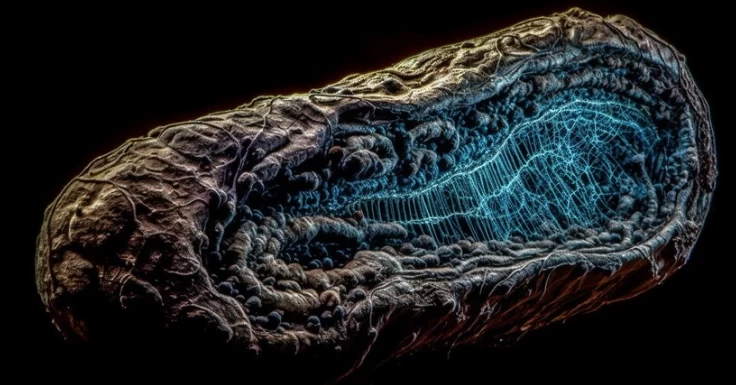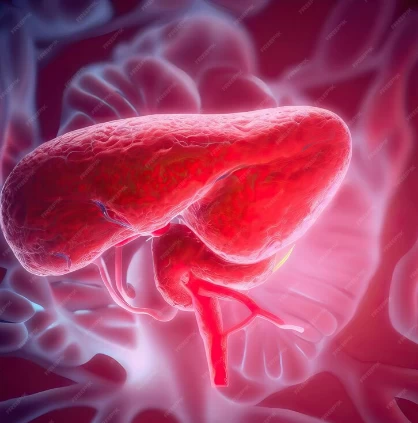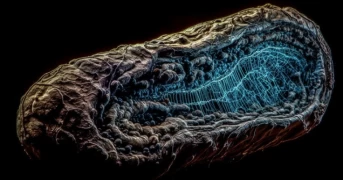
Primary Liver Cancer and Oncological Surgery
- Primary Liver Cancer and Oncological Surgery
- What is Liver Cancer?
- What is Primary Liver Cancer?
- What Are the Types of Primary Liver Cancer?
- How Is Primary Liver Cancer Diagnosed and Staged?
- Oncological Surgery and Treatment Options
- In Conclusion:
Liver cancer, a type of cancer where liver cells grow abnormally, has become a significant global health issue. In this article, we will provide an in-depth examination of primary liver cancer and oncological surgery used in its treatment.
What is Liver Cancer?
Liver cancer is a type of cancer that originates from liver cells. The liver is the body's largest internal organ and performs various vital functions, including metabolizing toxins, producing essential chemicals required during digestion, storing energy, and facilitating important biochemical processes in the body. However, prolonged liver damage or certain genetic factors can lead to abnormal growth of liver cells, resulting in liver cancer.
What is Primary Liver Cancer?
Primary liver cancer is a cancer type that originates from the liver's own cells. In other words, this cancer type occurs when liver cells grow and multiply abnormally. Liver cancers are a prevalent and serious type of cancer worldwide.
Primary liver cancer is commonly associated with risk factors such as chronic liver diseases, cirrhosis, hepatitis infections (such as hepatitis B or C), excessive alcohol consumption, obesity, and certain genetic factors. These risk factors can lead to liver cell damage or mutations, contributing to the development of cancer.
What Are the Types of Primary Liver Cancer?
Primary liver cancer can originate from different types of cells. The two most common types include:
- Hepatocellular Carcinoma (HCC): HCC originates from hepatocytes, the main cell type in the liver, and accounts for a significant portion of liver cancers.
- Intrahepatic Cholangiocarcinoma (ICC): ICC originates from the bile duct cells within the liver and is less common.
What Are the Risk Factors for Primary Liver Cancer?
There are several risk factors associated with the development of primary liver cancer, including:
- Hepatitis Viruses: Chronic hepatitis B and C infections increase the risk of liver cancer.
- Alcohol Use: Excessive alcohol consumption can lead to liver damage and increase the risk of cancer.
- Liver Cirrhosis: Liver cirrhosis can result in severe liver damage and scar tissue formation, increasing the risk of cancer.
- Genetic Factors: Individuals with a family history of liver cancer are at an increased risk.
How Is Primary Liver Cancer Diagnosed and Staged?
The diagnosis of liver cancer is typically made using imaging tests (ultrasound, CT scans, MRI) and blood tests. Biopsy may also be used to confirm the diagnosis. Staging of the cancer is determined based on factors such as tumor size, extent of spread, and other criteria. This is important in selecting appropriate treatment options.

Oncological Surgery and Treatment Options
The treatment of primary liver cancer can vary depending on the patient's stage, overall health, and other factors. Oncological surgery is used to remove cancerous tissue. Treatment options may include:
- Surgical Resection: Surgical removal of cancerous liver tissue.
- Liver Transplantation: In advanced stages, liver transplantation may be an option.
- Radiation Therapy: Using radiation energy to destroy or shrink cancer cells.
- Chemotherapy and Targeted Drugs: Medications targeting cancer cells, including chemotherapy and immunotherapy.
In Conclusion:
Primary liver cancer is a complex disease in terms of diagnosis and treatment. Early diagnosis and appropriate treatment can improve a patient's chances of survival. Therefore, regular health check-ups and management of risk factors are crucial. Collaborating with a knowledgeable healthcare team specializing in liver cancer and oncological surgery is essential for improving patients' quality of life.

Assoc. Prof. Dr. Oktay Karaköse
General Surgery and Surgical Oncology Specialist





